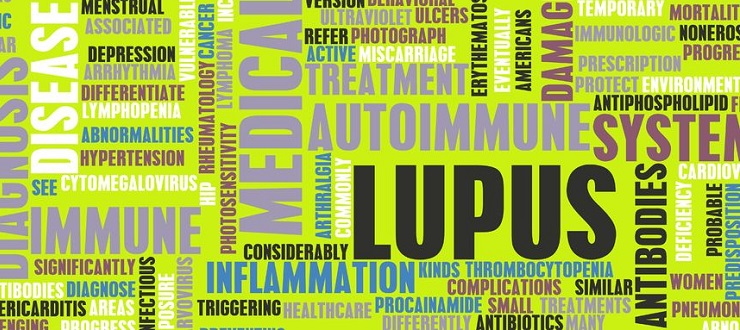

 Back to Suggested Publications
Back to Suggested Publications

This week, WAidid suggests the article Pharmacologic management of neuropsychiatric lupus published this year in Expert Review of Clinical Pharmacology.
SUMMARY:
Neuropsychiatric lupus (NPSLE) affects above 50% of patients with systemic lupus erythematosus and may span from mild symptoms to acute devastating life-threatening ones. Owing to the clinical variability, most pharmacological data rely on small, uncontrolled trials and case reports. The mainstay of therapy relies on immune-suppression by glucocorticoids, in adjunction with cyclophosphamide or anti-B-cell therapy, in moderate to severe cases. In selected scenarios (e.g., chorea) intravenous immunoglobulin or plasmapheresis may be effective. Anticoagulation is warranted if anti-phospholipid antibodies are present. In parallel there may be a need for symptomatic treatment such as anti-epileptic or anti-depressive treatments, etc. In the future, more studies addressed to assess pathogenesis and preferred treatments of specific manifestations are needed in order to personalize treatments.
AUTHORS:
Kivity S, Baker B, Arango MT, Chapman J, Shoenfeld Y.